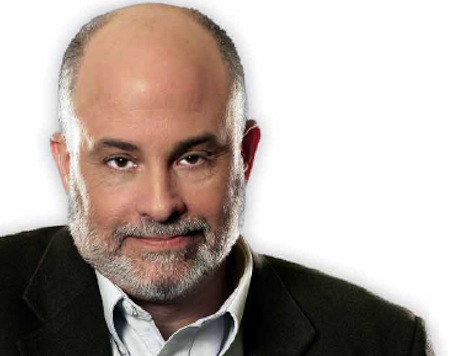When accusations first emerged in 2010 that the Internal Revenue Service (IRS) had targeted conservative and Tea Party groups for additional scrutiny, it was unclear how widespread the problem was, or how to respond.
Some groups sued the IRS. Some contacted Congress, which sent inquiries to the IRS over a period of several months, beginning in October 2012. The House Ways and Means Committee, which is opening hearings on the subject on Wednesday, sent three separate letters to the IRS–but the IRS claimed no knowledge of the issue.
It took the efforts of Mark Levin’s Landmark Legal Foundation to find a strategy that would yield answers. Levin, who is also one of the most popular conservative talk radio hosts in the nation, decided to approach the Inspector General of the U.S. Treasury rather than the IRS itself, which is typically opaque in its responses.
In a letter dated March 23, 2012, Levin cited reports of unfair targeting, and reported: “The information demanded [of Tea Party groups] in many cases goes far beyond the appropriate level of inquiry [for tax-exempt status].”
Levin added that an investigation into the IRS by the Inspector General “also must determine whether the relevant IRS employees are acting at the direction of politically motivated superiors.”
Levin’s letter may have been what triggered the investigation that ultimately yielded last Friday’s extraordinary apology–ahead of next week’s report by the Treasury Inspector General for Tax Administration.
Levin described his experience to his listeners on Friday afternoon, describing a visit from two Treasury agents, who arrived at his office fully armed–they are “law enforcement,” Levin stressed–and interested in the evidence he presented, including examples of the excessive questions posed by the IRS to conservative groups.
Early reports suggested that the IRS had only recently become aware of the problem. However, the Associated Press reported Saturday that senior officials were aware that conservative groups were being targeted as far back as 2011.
Increasingly, Levin’s efforts are being recognized as one of the key factors prodding the agency to admit, finally, that it had used its powers inappropriately. Former Speaker of the House Newt Gingrich tweeted Sunday morning:
Levin’s foundation has also been influential in a number of recent legal and constitutional controversies. In January, a federal court adopted many of Landmark Legal’s arguments in a ruling against President Barack Obama’s recess appointments to the National Labor Relations Board. Landmark Legal had filed an amicus curiae (“friend of the court”) brief in the case.
Landmark Legal is active in several other ongoing legal challenges to expansive government power, notably focusing on Obamacare and several areas of environmental regulation.

COMMENTS
Please let us know if you're having issues with commenting.